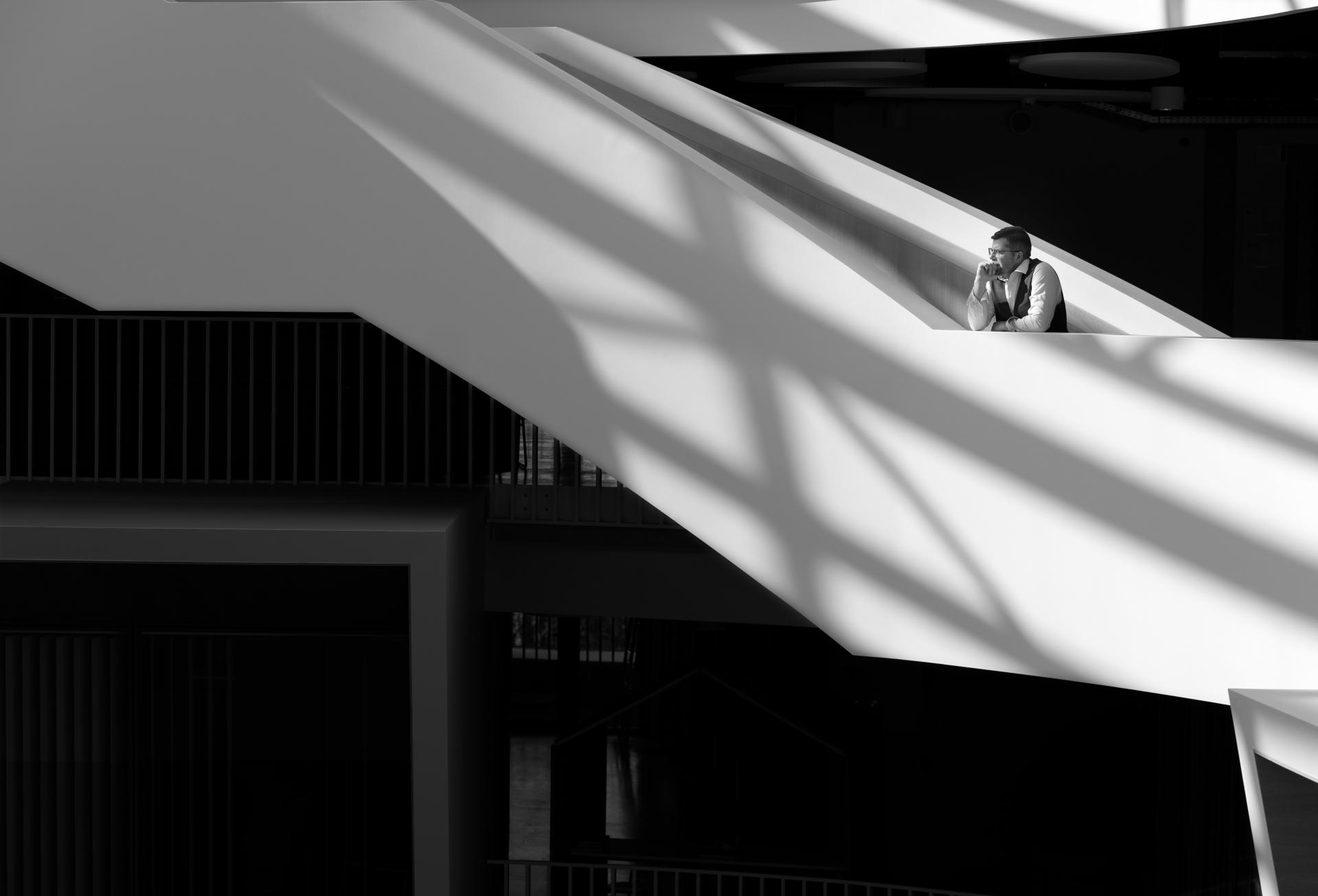Dr. geogr. Pēteris Lakovskis Chairman of the Scientific Council and Head of the Bioeconomy Division, Institute of Agricultural Resources and Economics
Land resources are one of Latvia’s key assets and cornerstones of economic development, and their sustainable management has faced many challenges in recent years – energy, resource self-sufficiency, socioeconomic, climate change, plant species change and others.
Pēteris has been actively involved in Institute of Agricultural Resources and Economics research management for eight years and is currently leading the National Research Programme project “Sustainable management of land resources and landscapes: assessment of challenges, methodological solutions and proposals”, which is developing an interactive digital landscape atlas and comprehensive alternative scenarios and recommendations for the efficiency and sustainability of land resource use.
He has also initiated a study on the “Influence of agroecological conditions on vegetable quality in urban horticulture”, which aims to assess how the urban environment influences urban agriculture – tomatoes, radishes, lettuce, peas and basil are grown on the roof of the Institute of Agricultural Resources and Economics building in Riga. He also leads a project on monitoring agricultural landscapes in Northern Europe. For the second year in a row, Institute of Agricultural Resources and Economics scientists are participating in the study, conducting field surveys in Latvia, Lithuania, Estonia, Finland and Sweden and collecting data on land cover, land use and crops grown.
Pēteris is a geographer, an environmental scientist – this background and experience, he believes, provides an overarching and holistic view of the world based on natural processes, develops a breadth of thinking, helps to see the interconnectedness of processes, which is very useful in his current research activities in agricultural science and in the management of the Institute.
Land resources are one of Latvia’s key assets and cornerstones of economic development, and their sustainable management has faced many challenges in recent years – energy, resource self-sufficiency, socio-economic, climate change, plant species change and others. Pēteris is convinced that understanding and researching land resources is very important for Latvia as a small country – we are not major contributors to climate change, but we need to know how to adapt to these changes in the long term, creating much higher added value for what we grow. It also means changing traditional farming practices and paradigms, adapting to technological developments, digitalisation and socio-economic processes, of which the “hollowing out” of rural areas is particularly painful.
The landscape, which is closely linked to land resource management, has been important to Pēteris since his studies, from his bachelor thesis to his PhD. Pēteris emphasises that the landscape is not merely iconic views of nature. Landscape changes and management combine many important layers – the functional as well as the aesthetic, the cultural, the geopolitical and the ecological. For example, as populations decline, farmsteads are being destroyed, creating massive agricultural areas that are easier to farm. Unfortunately, this is depleting the landscape, reducing its diversity and therefore its value. The scientist is convinced that this study and the important cartographic data digitally integrated in the interactive landscape atlas will serve as an essential tool for regulated and planned sustainable development and management of land resources and landscapes.
Pēteris is happy that he has been able to inspire his colleagues with new research directions, to develop and push them further, that the range of topics is expanding and that new talented scientists are entering agricultural science and “taking it beyond” the previous narrow and specific research directions.
The project "Research Latvia 2024" is implemented within the framework of the ERDF project “Integrated National Level Measures to Strengthen the Representation of Latvian Research and Development Interests in the European Research Area”, No. 1.1.1.5/17/I/002.
